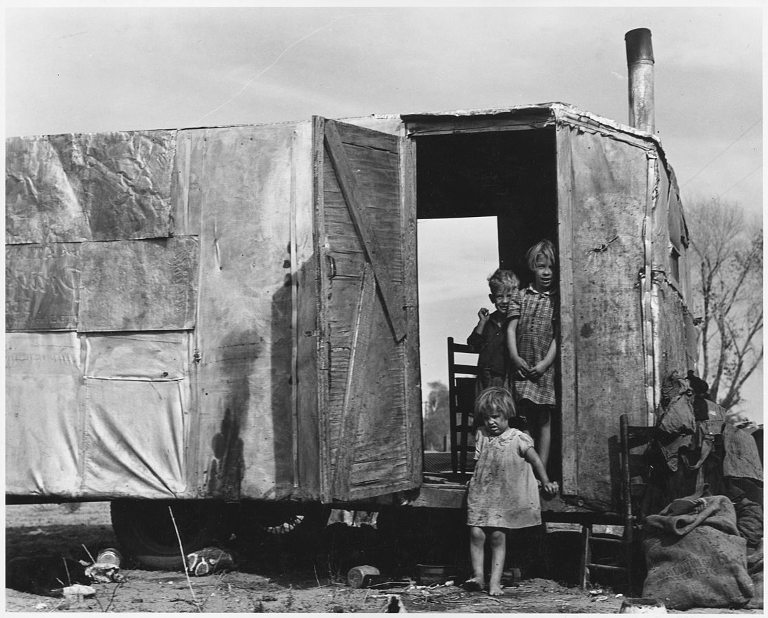
“It’s like watching a state circle the drain.”
That’s what journalist Corie Brown said about Kansas on a recent Strong Towns podcast. This April, Brown wrote a piece for New Food Economy about her 1,800-mile drive through the state. She discussed the state’s emptying out, noting firsthand the struggles of rural towns and the farms surrounding them.
“That’s the thing about rural Kansas: No one lives there, not anymore,” she wrote. “The small towns that epitomize America’s heartland are cut off from the rest of the world by miles and miles of grain, casualties of a vast commodity agriculture system that has less and less use for living, breathing farmers.”
The Midwest has always been a land of commodities—crops like corn, soybeans, and grain. Kansas is a grain-producing state: two years ago, it grew 467 million bushels of grain across 8.2 million acres. But as farmers compete in a global market that is overflowing with grain, they are struggling to survive—even though, as Brown noted during her interview, “they’ve never worked harder, they’ve never worked longer hours.”
Meanwhile, a recent article in The Atlantic highlighted the “zombie small businesses” amongst chicken farmers across the United States, many of which are contractors to large agribusinesses like Tyson and Purdue. “The big company provides the chicks,” reporter Annie Lowrey writes. “The contract farmer raises them into chickens. The big company slaughters them for meat. It packages and brands that meat under one of dozens of labels. And it sells it cheap to the American consumer.”
So what’s the big deal, you ask? Lowrey continues:
…click on the above link to read the rest of the article…